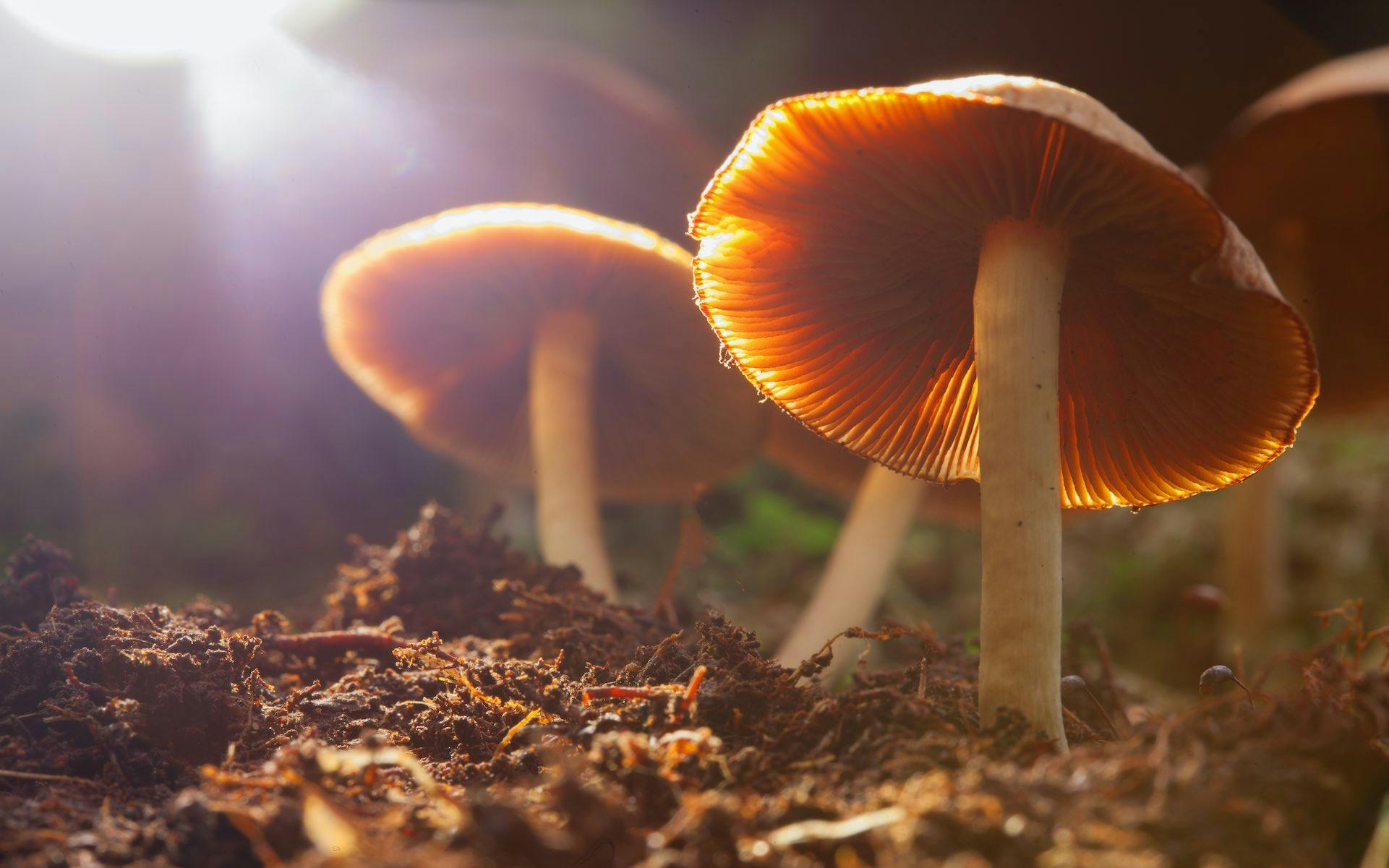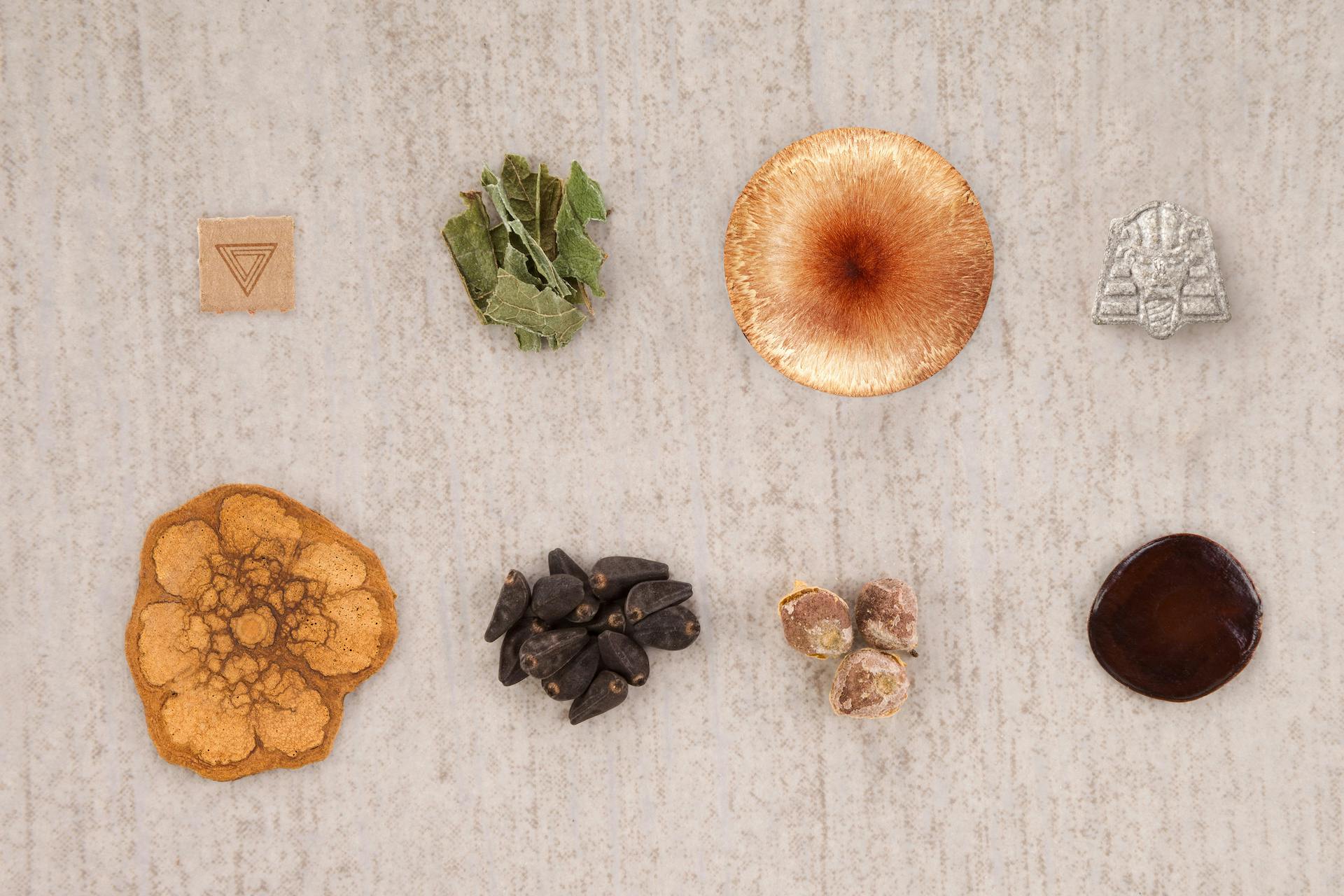
At present, psilocybin, the active compound in psychedelic mushrooms, LSD, MDMA, DMT, mescaline, and other psychedelic substances are classified as Schedule I controlled substances under US federal law, making them illegal.
Legalizing psychedelics would remove all legal prohibitions against their use and make them available to the general adult population for purchase and use at will, similar to cannabis in adult-use states.
Decriminalization, on the other hand, deprioritizes possession of psychedelics, so an individual would not be arrested for possessing small amounts, nor would it go on their criminal record, however, the substances would technically still be illegal.
Many issues relevant to cannabis decriminalization and legalization are also relevant to psychedelics, and there are compelling reasons to consider legalizing or decriminalizing them.
Why decriminalize or legalize psychedelics?
The push for decriminalizing and legalizing psychedelics has been driven in part by the growing evidence that these compounds offer therapeutic potential to millions of people. Another reason is that the War on Drugs has been reevaluated by scholars, policymakers, and the public—and found to be misinformed, racist, and enormously damaging to both individuals and society.
Psychedelics, like cannabis, have been implicated in the War on Drugs, which soaks up more than $47 billion of funds in the US each year. More sobering still is the cost to society. Draconian sentencing saw the US prison population skyrocket following the 1970s when the War on Drugs began.
Black and Latino populations are notably more likely to receive prison sentences for drug violations, further entrenching socioeconomic disparities between ethnicities. Minor drug offenses that result in sentences can alter the course of a person’s life. It can be difficult to find work, rent a property, or receive assistance from the government after a drug arrest, as the consequences of that arrest can follow a person for the rest of their life.
Today, attitudes toward the War on Drugs are changing as people realize how disproportionately it affects Black and Latino Americans and acknowledge the incredible amount of money wasted on it. Attitudes on how psychedelics and cannabis can offer incredible medical and therapeutic benefits are also changing.
Which places have decriminalized psychedelics?
In 2019 and 2020 alone, the psychedelics movement gained incredible steam. Piggybacking on the cannabis legalization movement, several cities and districts have decriminalized psychedelics or entheogenic plants.
Shop highly rated dispensaries near you
Showing you dispensaries nearDenver
Denver, Colorado became the first city to decriminalize psilocybin and psychedelic mushrooms in May 2019 under Ordinance 301. The Denver Psilocybin Initiative argued that the substance is physiologically safe and non-addictive, and has the potential to treat stress, suicidality, and opioid use and dependence.
Non-profit group SPORE came from the Denver ballot success and continues to push for psychedelic legalization across the country.
Oakland
Oakland, California expanded their measure from Denver’s, decriminalizing all entheogenic plants in June 2019. Entheogenic plants include magic mushrooms as well as other plants and fungi that contain psychoactive compounds, such as cacti, iboga, ayahuasca, and plants containing compounds such as indole amines, tryptamines, and phenethylamines.
Santa Cruz
The City Council of Santa Cruz, California unanimously voted to decriminalize entheogenic plants and fungi for adults 21 and over in January 2020. The personal use, possession, and cultivation of these substances is one of the lowest priorities of law enforcement.
Ann Arbor
In September 2020, the City Council of Ann Arbor, Michigan decriminalized all entheogenic plants and fungi, including psilocybin, mushrooms, ayahuasca, mescaline, peyote, iboga, and more.
The resolution cited that these substances can “Benefit psychological and physical wellness, support and enhance religious and spiritual practices, and can reestablish human’s inalienable and direct relationship to nature.”
Washington, DC
Washington, DC voters overwhelmingly approved DC Initiative 81 in November 2020 with 76% of the vote, which decriminalizes entheogenic plants and fungi. The initiative took effect March 15, 2021.
Oregon
In November 2020, Oregonians passed Measure 109, which legalizes psilocybin, the active compound in magic mushrooms, for therapeutic usage, making Oregon the first state to do so. Under the law, psilocybin can be administered to a mental health patient under the care of a licensed facilitator. The measure sets aside a two-year period to create a framework to regulate the substance and create licensed therapy centers.
Oregonians also passed Measure 110 in November 2020, which decriminalizes possession of small amounts of drugs for personal use, including psychedelics, but also substances such as heroin, cocaine, and more. The measure also creates drug addiction treatment and recovery programs.
Somerville and Cambridge, Massachusetts
In January 2021, the City Council of Somerville, Massachusetts, next to Boston, unanimously voted to decriminalize entheogenic plants and fungi. The Cambridge City Council followed suit in February 2021.
By providing us with your email address, you agree to Leafly's Terms of Service and Privacy Policy.



